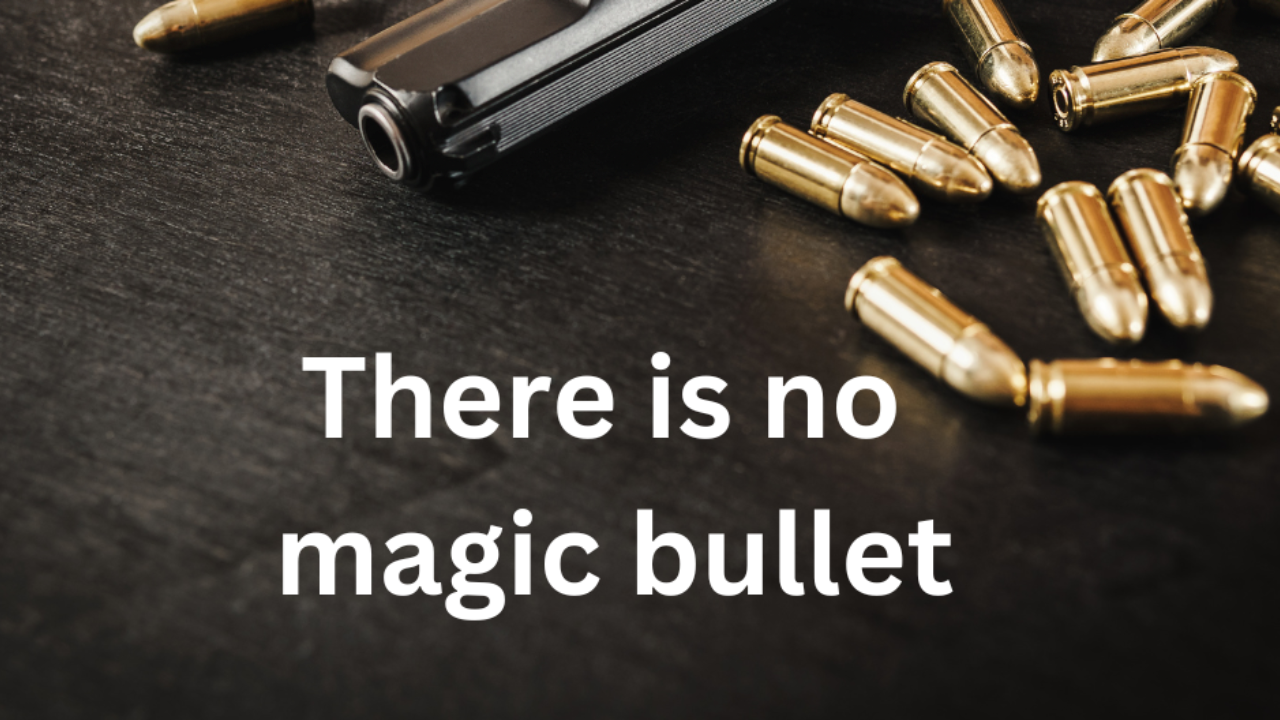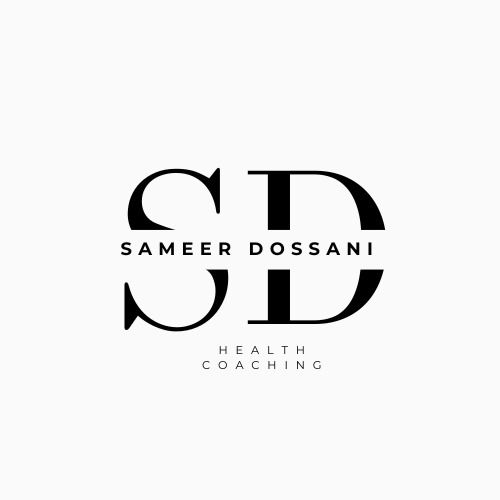Strategy Before Tactics!
May 19, 2023
(This blog post is inspired by my recent discussion with functional nutritionist Andrea Nakayama.)
"Should I take curcumin?"
"What form of magnesium is best?"
"Is dark chocolate good or bad?"
As a nutrition and health coach, these are questions that I get everyday. My answer is usually the same: "It depends."
That may seem like a cop out, but it's the truth. To understand why, let's get back to basics. The way I think about these kinds of things - drawing from my own background as a human rights campaigner - is that in order to get anything done, you need three things: a) a goal, b) a strategy and c) a set of tactics.
The tactics cannot be predetermined. To put it in human rights campaigner terms, a demonstration is a tactic. It's an effective tactic at some times and in some places, and it's seen as a "sexy" tactic. When I worked as a campaign manager at Amnesty International there was a kind of pressure to do demonstrations because photos of demonstrations do well on social media platforms. But if you want to have a demonstration in Singapore, for example, you're going to mobilise close to zero people, probably undermine whatever human rights objective you were trying to advance, and possibly spend the night in jail. (I learned this lesson the hard way in Singapore, though that's a story for another day.) Demonstrations are not how change traditionally happens in Singapore - there are other things, meetings with officials, taking a case before a judge, that might be more effective.
Context matters. If you decide on a tactic ("I'm going to drink less coffee!") before you figure out your goals and your strategy, you are setting yourself up for failure and frustration.
So let's talk about goals. For most of us the goal is pretty simple. If you're living with a disease, reverse the symptoms and get rid of the disease if possible. If you're not living with a disease, then your goal is to live a long and healthy life. But these kinds of goals are not all that helpful. What does "reversing disease" mean in your specific context? If you're a diabetic, does that mean having an Ha1c of less than 6.5 in 3 months time? And what does a "long and healthy life" mean to you? Do you want to be running marathons at age 80? Do you want to be able to play with your great grandchildren? And within that context, what are some markers you're going to use to see that you're on the right track? Do you need to lose body fat or gain lean muscle mass? Can you express that in a way that has some targets, for example "I want to reduce my waist size by 2 inches", or "I want to be able to lift x amount of weight in the gym"?
Though that may seem a bit complicated, goal setting is the easy part of this process. Most of us can come up with the kind of goal I'm describing above after about five minutes of thinking. Strategy is the hard part.
Strategy depends on two things: a) who you are, and b) what your environment looks like. The strategy for a 60 year old Chinese-American woman who's concerned about her risk of dementia and lives in Chinatown might be different than the strategy for that same woman if she happened to live somewhere else. The strategy for someone who wants to lose weight and has had a recent traumatic experience might be different than for someone who hasn't had that experience. The strategy for me in 2017 (when I began this journey) is different than for me today even though I'm the same person with the same family living in the same place.
Once you know the strategy, then and only then can you return to the question of tactics. Let's say you're eating too much sweet stuff after dinner. Would using non-caloric sugar substitutes be something you're willing to try to help you transition to a point where you don't need to have dessert? If so, then that may be something to consider. Notice that this says nothing about whether sugar substitutes are "good" or "bad". They may be part of a strategy for a specific person at a specific time.
Most people spend too much time arguing about the tactics (the sweetener debate is a good example of that) and too little time developing their strategy. What is your goal? What are the realities that are interfering with your ability to reach that goal? How can you take a couple of small steps towards that goal this week?
The older I get the more I understand that it's not about a magic pill. Yes, I've done great with certain diets and I've done great with certain supplements. But health doesn't come from those things. Health is relational. How can we function in the world in the ways we want to for the people we want to? Society wants to sell us coffee and red wine and blueberries and pills and it wants us to believe that the secret to your health lies in finding the right combination of these things. When that strategy fails (and it will because it's a terrible strategy), society tells us well we just got the wrong pills so now try this bright shiny new ones. This is not the road to health.
Real health can be found through an iterative process of defining your short-term tasks based on your long-term planning like Andrea Nakayama describes in this interview with me. It is always helpful to do this with others in part because a big part of human health is about finding a supportive community. We are social animals.
If you don't have that community yet, it's important that you find it. Working with a health coach who's an expert in crafting strategies can be another option. If you'd like to explore that option feel free to book a free strategy session with me here.
Humans are complicated animals and we undoubtedly are living in complicated times. The search for a simple answer - a magic pill - is understandable. Real health - and real development in general I would say - lies in avoiding the temptation of a quick fix and embracing the slow but beautiful process of transformation.
🌱 Ready to Find Your Path to Gut Freedom?
Stop trying to solve your Crohn's, Colitis, or IBD alone with conflicting advice. A personalized plan is the fastest way to clarity and relief.
On a free call, you’ll get:
✅ Clarity on your triggers – Identify the dietary and lifestyle factors uniquely impacting you.
✅ A tailored starting point – Get actionable steps to reduce inflammation and calm your gut.
✅ Real answers – Ask anything about your symptoms and healing (no topic is off-limits).
💬 “Working with Sameer gave me a clear path when I felt completely lost. This is the guidance I needed.” – Previous Client
Your personalized plan is a conversation away.

